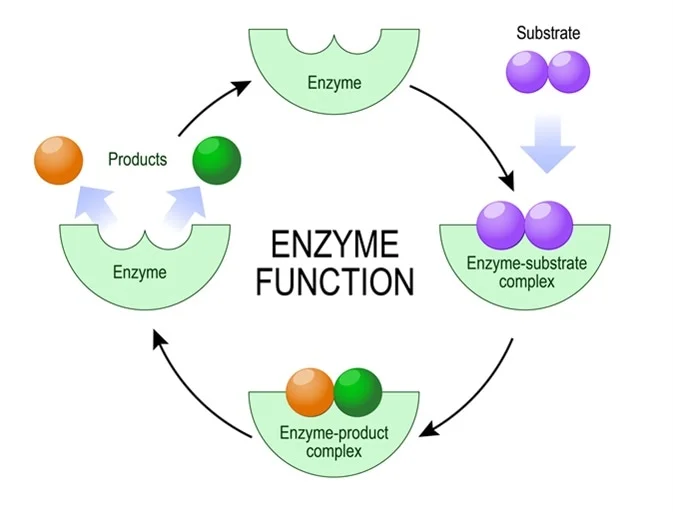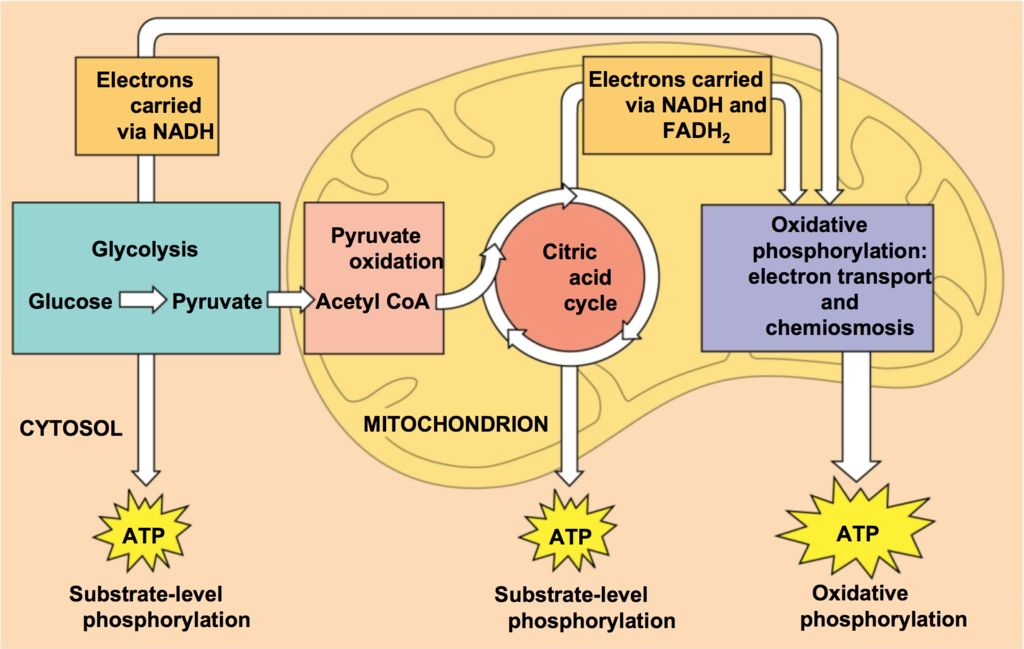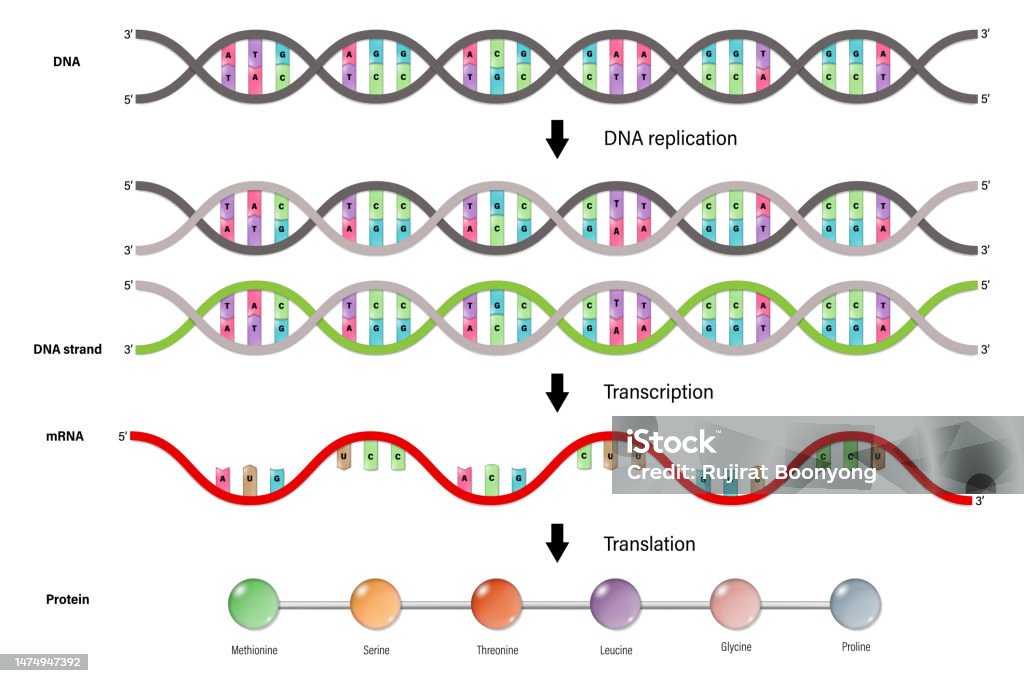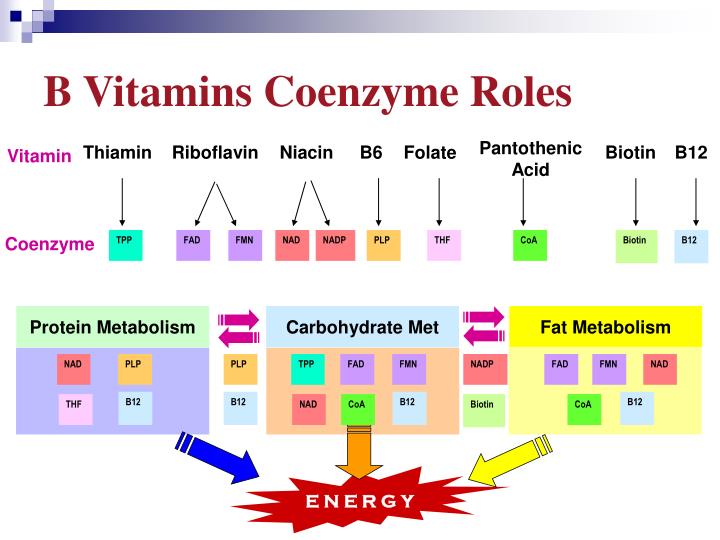Discover the fascinating world of enzymes — their structure, functions, and the principles of enzyme kinetics. Learn how enzymes drive life processes at the molecular level. Introduction Enzymes are biological catalysts that accelerate chemical reactions essential for life. Without enzymes, …
Learn about the key stages of cellular metabolism — Glycolysis, Krebs Cycle, and Oxidative Phosphorylation — and how your cells produce energy. Introduction Metabolism is the sum of all chemical reactions occurring within a living organism to sustain life. One …
Explore the fundamentals of genetics and molecular biology — learn about DNA replication, transcription, and translation, the essential processes of life. Introduction At the heart of every living organism lies the blueprint of life — DNA.Molecular biology studies how genetic …
Discover the importance of clinical biochemistry in diagnosing diseases through blood tests and enzyme markers like AST, ALT, CK, and others. Introduction Clinical biochemistry plays a pivotal role in modern medicine.By analyzing blood and body fluids, doctors can diagnose, monitor, …
Learn about the crucial roles of vitamins and coenzymes in metabolism, enzyme activity, and overall health, with examples of key vitamins and their functions. Introduction Vitamins are organic compounds required in small quantities to sustain life.Many vitamins serve as precursors …
Biomolecules: Carbohydrates, Proteins, Lipids, Nucleic Acids Enzymes: Structure, Function, Enzyme Kinetics Metabolism: Glycolysis, Krebs Cycle, Oxidative Phosphorylation Genetics and Molecular Biology: DNA replication, Transcription, Translation Clinical Biochemistry: Blood tests, Enzyme markers in disease Vitamins and Coenzymes: Their biochemical roles Hormones …
Explore how hormones regulate vital functions through intricate signal transduction mechanisms and pathways, including G-protein signaling, tyrosine kinase receptors, and nuclear receptors. Introduction Hormones are chemical messengers secreted by endocrine glands that regulate various physiological processes.Their action is mediated through …
Learn key biochemical techniques like chromatography, electrophoresis, and spectroscopy — their principles, methods, and applications in research and diagnostics. Introduction Biochemistry relies on various analytical techniques to study molecules, identify compounds, and understand biological processes.Among the most important tools are …








